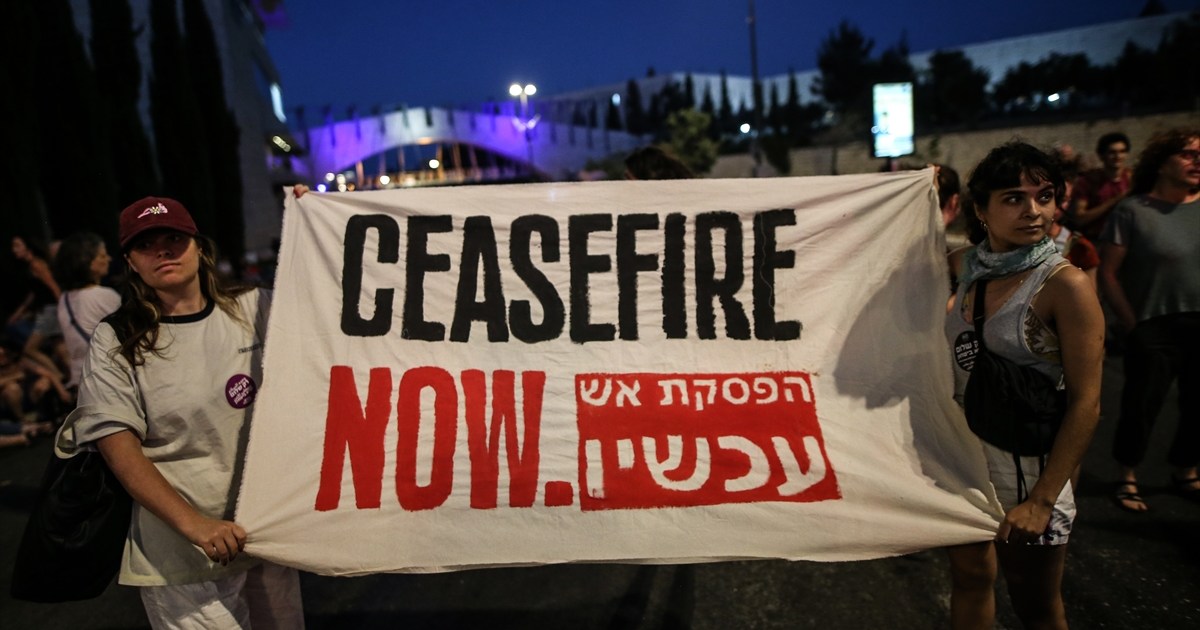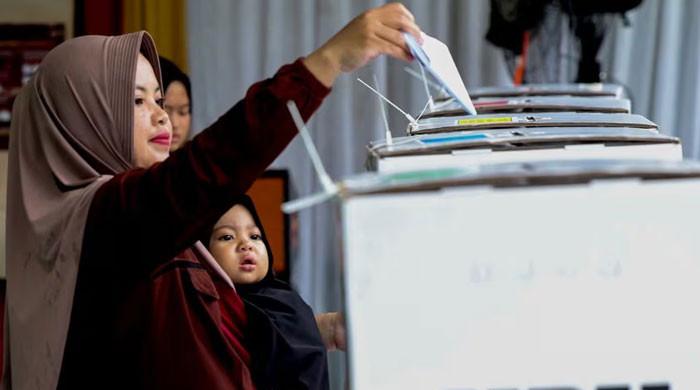DHAKA: Blindfolded, handcuffed and dragged out of his secret prison for the first time in eight years, Bangladeshi lawyer Ahmad Bin Quasem held his breath and listened to the sound of a gun being cocked.
Instead, they dumped him from a car into a muddy ditch on the outskirts of Dhaka, alive, free and unaware of the national upheaval that had sparked his abrupt release.
“This is the first time I've had fresh air in eight years,” said Quasem, 40. AFP“I thought they were going to kill me.”
During his long imprisonment, Quasem was chained 24 hours a day in windowless solitary confinement.
He had been held in Aynaghar, a facility run by army intelligence, so named because its detainees were never supposed to see anyone other than themselves.
Strident
Elsewhere in the detention centre, guards played loud music throughout the day that drowned out the Islamic call to prayer from nearby mosques.
This prevented Quasem, a devout Muslim, from knowing when he was supposed to offer his prayers and from keeping track of how much time had passed since his abduction.
When the music died down, he heard the distressing sounds of other detainees.
“Slowly, I realized I wasn't alone,” he said. “I heard people crying, people being tortured, people screaming.”
Last year, Human Rights Watch said security forces had committed “more than 600 enforced disappearances” since Hasina came to power in 2009.
Rumours abounded about a secret black site housing some of these individuals, but Aynaghar was unknown to the public until the overseas publication of a whistleblower report in 2022.
Hasina's government subsequently consistently maintained that it did not exist.
He also denied committing enforced disappearances, saying some of those reported missing had drowned in the Mediterranean while trying to reach Europe.
Before his father's execution
His father, Mir Quasem Ali, a leading member of Bangladesh's Jamaat-e-Islami party, was tried that year.
Ali was accused of leading a paramilitary group that tortured Bangladeshi separatists during the country's liberation war in 1971.
Quasem, who had been summoned to trial in London and was 32 years old, was defending his father. One night, men in plain clothes broke into his home, separated him from his family, dragged him down the stairs and threw him into a waiting car.
Quasem's father was hanged four weeks later. He did not learn of it until about three more years had passed, when one of his jailers accidentally let him escape.












